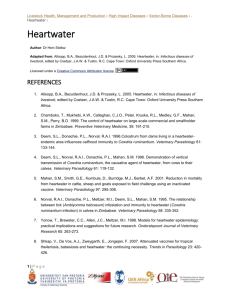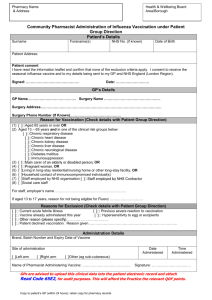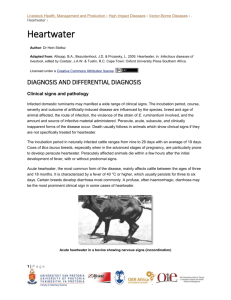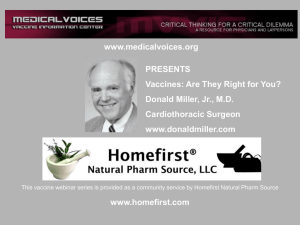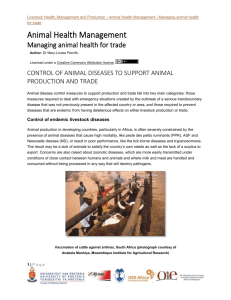heartwater_8_faq
advertisement
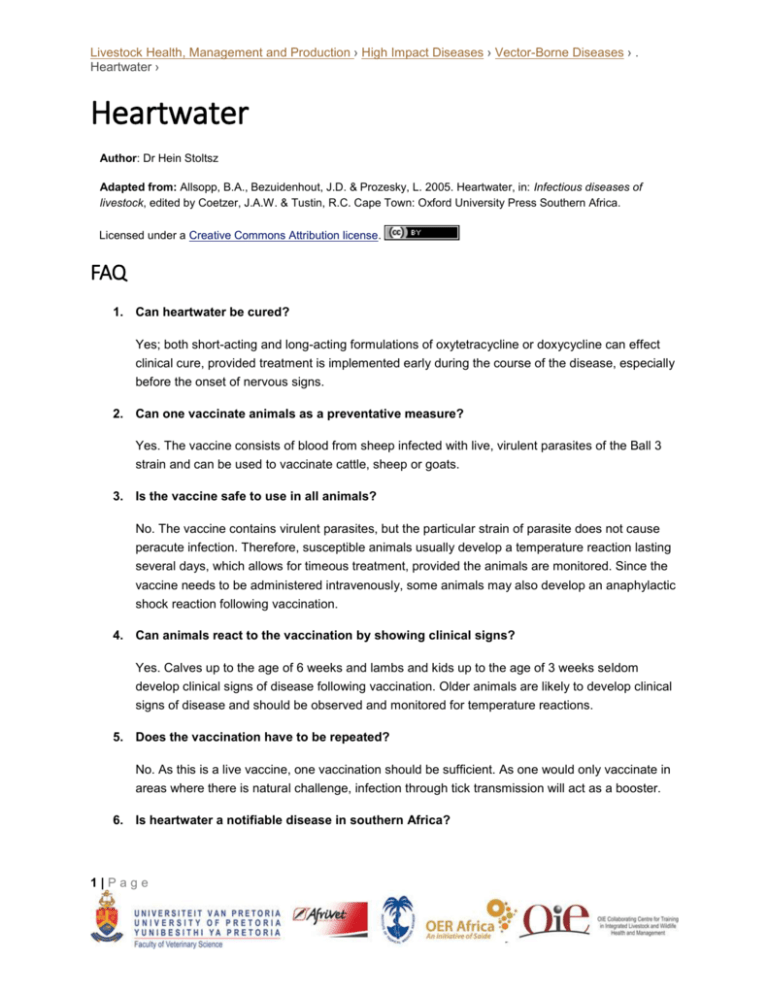
Livestock Health, Management and Production › High Impact Diseases › Vector-Borne Diseases › . Heartwater › Heartwater Author: Dr Hein Stoltsz Adapted from: Allsopp, B.A., Bezuidenhout, J.D. & Prozesky, L. 2005. Heartwater, in: Infectious diseases of livestock, edited by Coetzer, J.A.W. & Tustin, R.C. Cape Town: Oxford University Press Southern Africa. Licensed under a Creative Commons Attribution license. FAQ 1. Can heartwater be cured? Yes; both short-acting and long-acting formulations of oxytetracycline or doxycycline can effect clinical cure, provided treatment is implemented early during the course of the disease, especially before the onset of nervous signs. 2. Can one vaccinate animals as a preventative measure? Yes. The vaccine consists of blood from sheep infected with live, virulent parasites of the Ball 3 strain and can be used to vaccinate cattle, sheep or goats. 3. Is the vaccine safe to use in all animals? No. The vaccine contains virulent parasites, but the particular strain of parasite does not cause peracute infection. Therefore, susceptible animals usually develop a temperature reaction lasting several days, which allows for timeous treatment, provided the animals are monitored. Since the vaccine needs to be administered intravenously, some animals may also develop an anaphylactic shock reaction following vaccination. 4. Can animals react to the vaccination by showing clinical signs? Yes. Calves up to the age of 6 weeks and lambs and kids up to the age of 3 weeks seldom develop clinical signs of disease following vaccination. Older animals are likely to develop clinical signs of disease and should be observed and monitored for temperature reactions. 5. Does the vaccination have to be repeated? No. As this is a live vaccine, one vaccination should be sufficient. As one would only vaccinate in areas where there is natural challenge, infection through tick transmission will act as a booster. 6. Is heartwater a notifiable disease in southern Africa? 1|Page Livestock Health, Management and Production › High Impact Diseases › Vector-Borne Diseases › . Heartwater › No. Heartwater is widespread in southern Africa, and there are no statutory requirements for controlling or eradicating the disease. However, member countries of the OIE must report it in their biannual reports to the OIE. 7. Which species of livestock or wildlife harbour the infection? Cattle, sheep and goats. Several small and large wild ruminant species may also harbour the infection, as may some small wild mammal species and even ground-frequenting birds. These latter species may act only as temporary hosts. 8. Is eradication of ticks required to control the disease? No. An endemically stable situation is the ideal. 9. Can you inject other vaccines with blood vaccines? It depends on the vaccines. Check with your veterinarian. 10. Can you inject heartwater and redwater vaccines at the same time? No, because animals react differently to the vaccines and require different treatments. 2|Page
